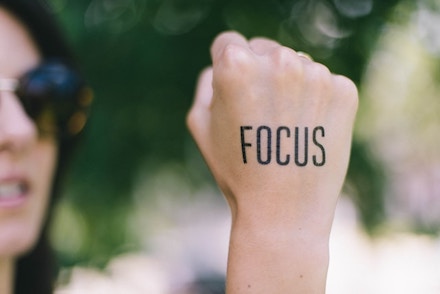“Working is one of the most dangerous forms of procrastination.”
—Gretchen Rubin, New York Times bestselling author and speaker
Working can be one of the most dangerous forms of procrastination because it disguises avoidance as productivity.
Instead of tackling the most important tasks, we often busy ourselves with less critical work — like tweaking a website or organizing files — that feel productive but actually delay meaningful progress.
This hidden procrastination feels safe because it’s “work,” yet it prevents us from focusing on what truly matters.
The danger here lies in how easily these tasks can fill up our time, giving a false sense of accomplishment while priority tasks remain untouched.
Recognizing this pattern is crucial to breaking free and ensuring that our efforts align with our real goals, not just the illusion of productivity.
EXERCISE:
In what areas of your life is your work actually a form of procrastination?
How are these disguised efforts preventing you from focusing on what truly matters?










